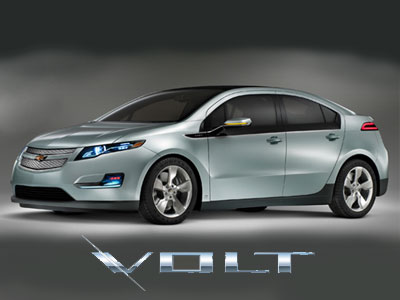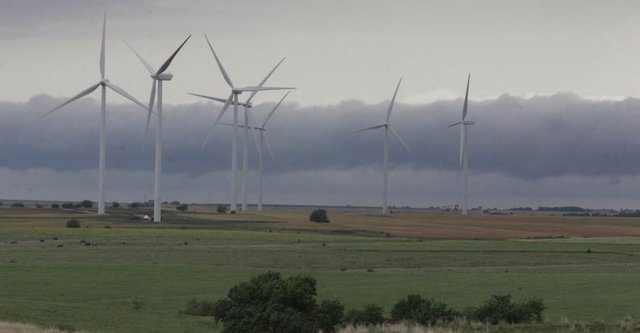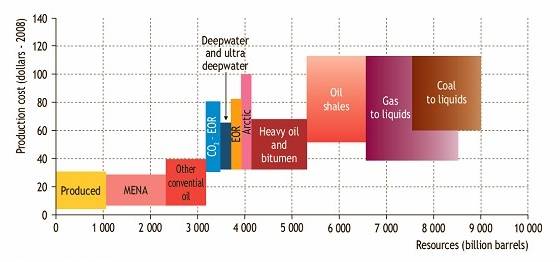Underhill
Active Member
So we will never run out, but the cost will go up until we can no longer afford it.
How about this idea? The cost will go up until we no longer WANT to afford it. Certainly when I switched over to primary EV transport the cost of oil dropped off my radar screen pretty hard. The same will happen to business, for the same reasons. To get a competitive advantage, a business will one up their competition by finding a way to do it better/cheaper, and that runs right into the teeth of why they will use less as well, and when they do, the price of their product becomes less tied to the cost of crude, and as it increases, they now have a competitive advantage over their peers who are still tied to it.
Underhill said:So the question isn't, 'how much is there' but 'what are we willing to pay before we give up this addiction to oil'.
My breaking point was about $4/gal. Now I don't even pay much attention to those silly little numbers which seem to hold the attention of so many. Freedom from oil! EV!!
Underhill said:My guess is around $6.00 a gallon and the US will start to see a massive shift. Europe is already on that path.
Me too. Now I've got tons more discretionary income to spend on iphones for the kids, a new driveway pavement job, all sorts of goodies! RGR...driving economic activity through the use of LESS oil...pioneering for the masses!!!
All of that sounds good but there are problems. First, there is no option for those in my position, short of a mass exodus to cities which has it's own problems.
I live in the country. I'm about as green as someone in my position can be. But I have to drive 20 miles each way to work, and live in the north, where EV's aren't viable thanks to decreased winter range.
I drive an economical car and grow a lot of my own food, but I don't have a lot of options to get away from gasoline at the moment.
And to be honest, I'm not all that worried about it.
The one thing to remember, when it comes to 'green' energy, is that China will more than compensate for our cut backs. The less we use, the more affordable it is for them. The more affordable it is for them, the more they use. And they are no where near going green. Not even in the most remote sense.
So there is some localized good that comes from going green, but in the long term, when it comes to the global problem, I don't see a lot of change. It may come, but I doubt it will happen in my lifetime.



